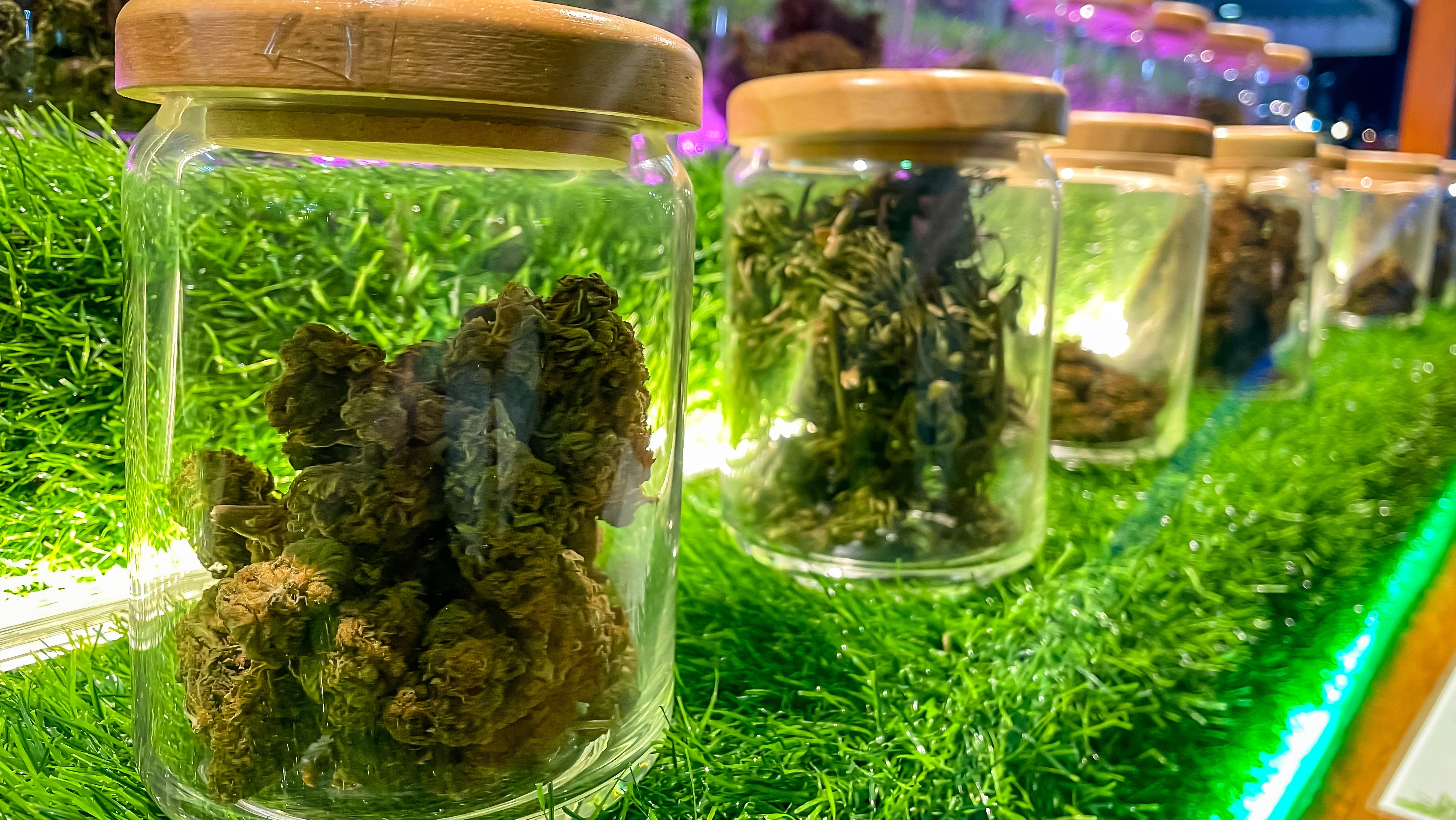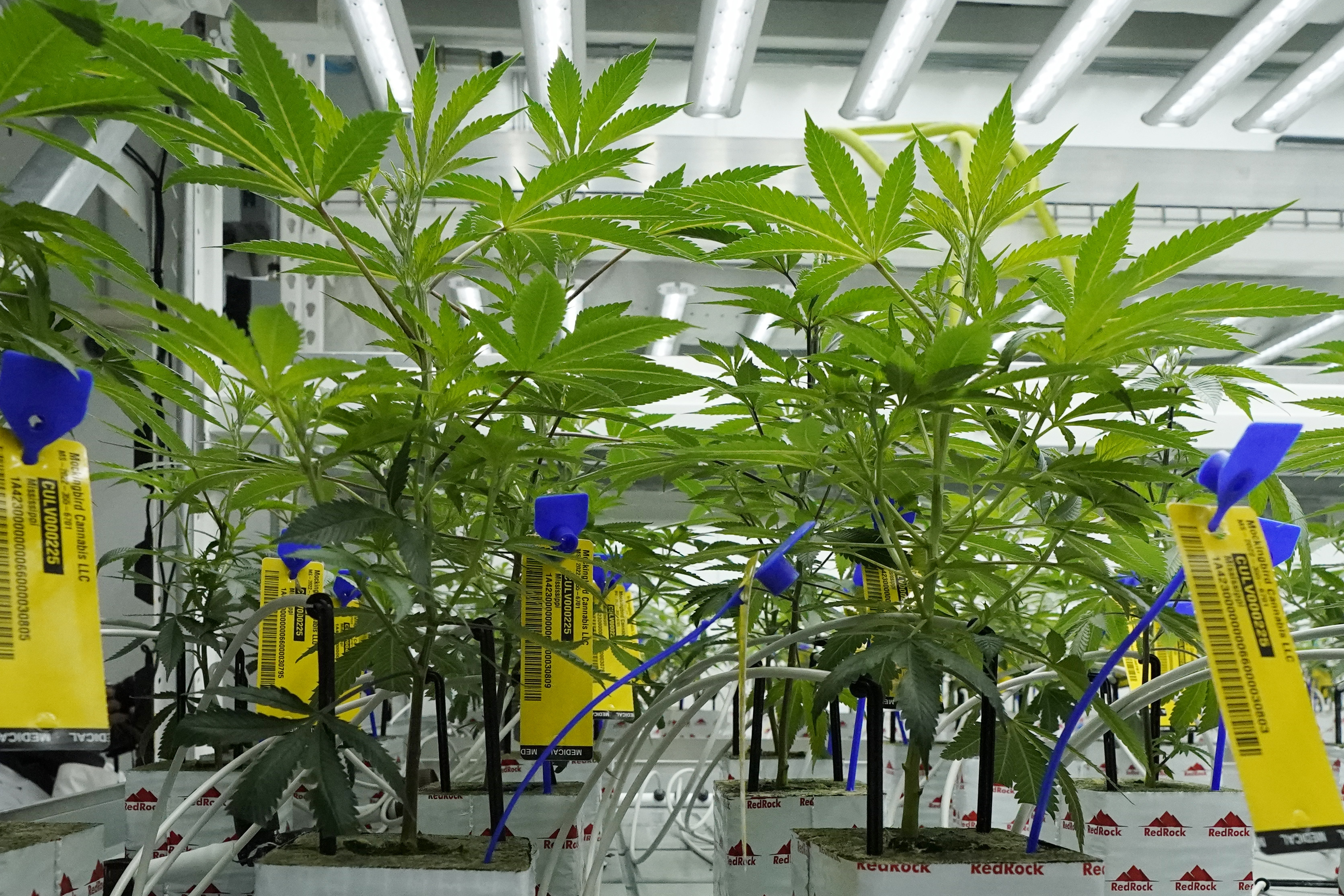Millions of people in the U.S. report using marijuana daily or nearly every day, according to an analysis of national survey data, and those people now outnumber those who say they are daily or nearly daily drinkers of alcohol.
Alcohol is still more widely used, but 2022 was the first time this intensive level of marijuana use overtook daily and near-daily drinking, said the study’s author, Jonathan Caulkins, a cannabis policy researcher at Carnegie Mellon University.
“A good 40% of current cannabis users are using it daily or near daily, a pattern that is more associated with tobacco use than typical alcohol use,” Caulkins said.
The research, based on data from the National Survey on Drug Use and Health, was published Wednesday in the journal Addiction. The survey is a highly regarded source of self-reported estimates of tobacco, alcohol and drug use in the United States.
Get Tri-state area news delivered to your inbox.> Sign up for NBC New York's News Headlines newsletter.
In 2022, an estimated 17.7 million people reported using marijuana daily or near-daily compared to 14.7 million daily or near-daily drinkers, according to the study.
From 1992 to 2022, the per capita rate of reporting daily or near-daily marijuana use increased 15-fold. Caulkins acknowledged in the study that people may be more willing to report marijuana use as public acceptance grows, which could boost the increase.
Most states now allow medical or recreational marijuana, though it remains illegal at the federal level. In November, Florida voters will decide on a constitutional amendment allowing recreational cannabis, and the federal government is moving to reclassify marijuana as a less dangerous drug.
Research shows that high-frequency users are more likely to become addicted to marijuana, said Dr. David A. Gorelick, a psychiatry professor at the University of Maryland School of Medicine, who was not involved in the study.
The number of daily users suggests that more people are at risk for developing problematic cannabis use or addiction, Gorelick said.
“High frequency use also increases the risk of developing cannabis-associated psychosis,” a severe condition where a person loses touch with reality, he said.



